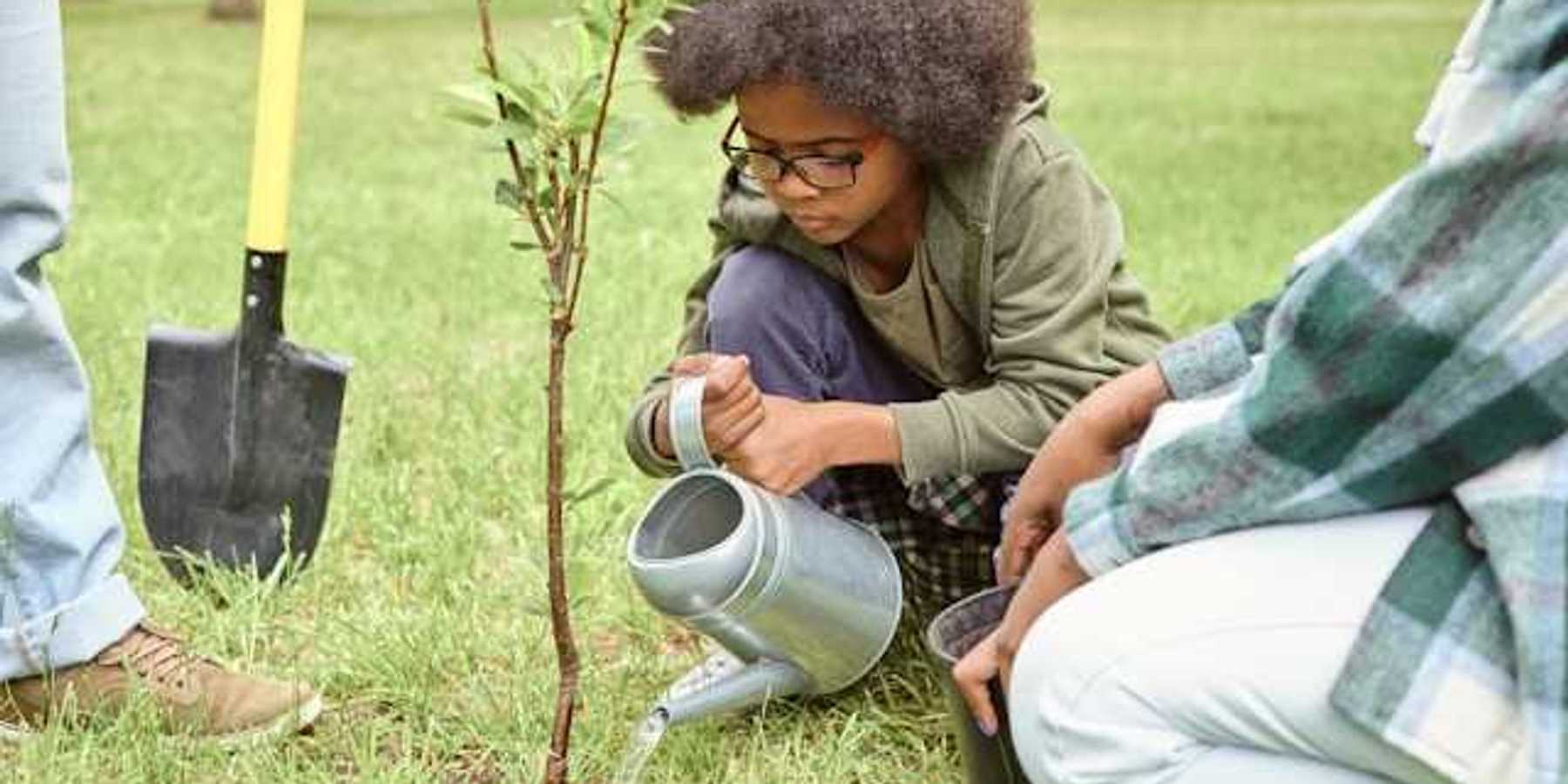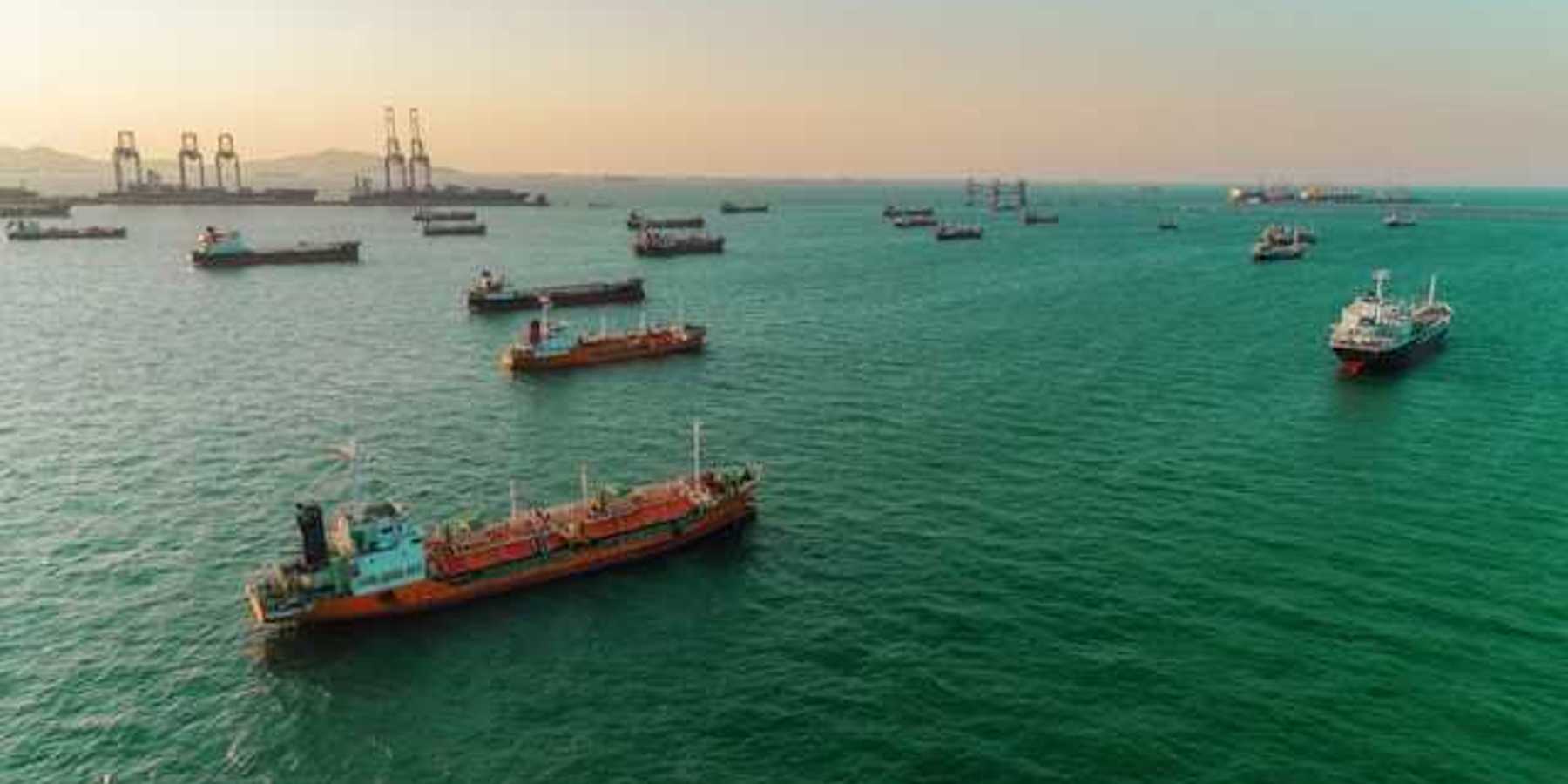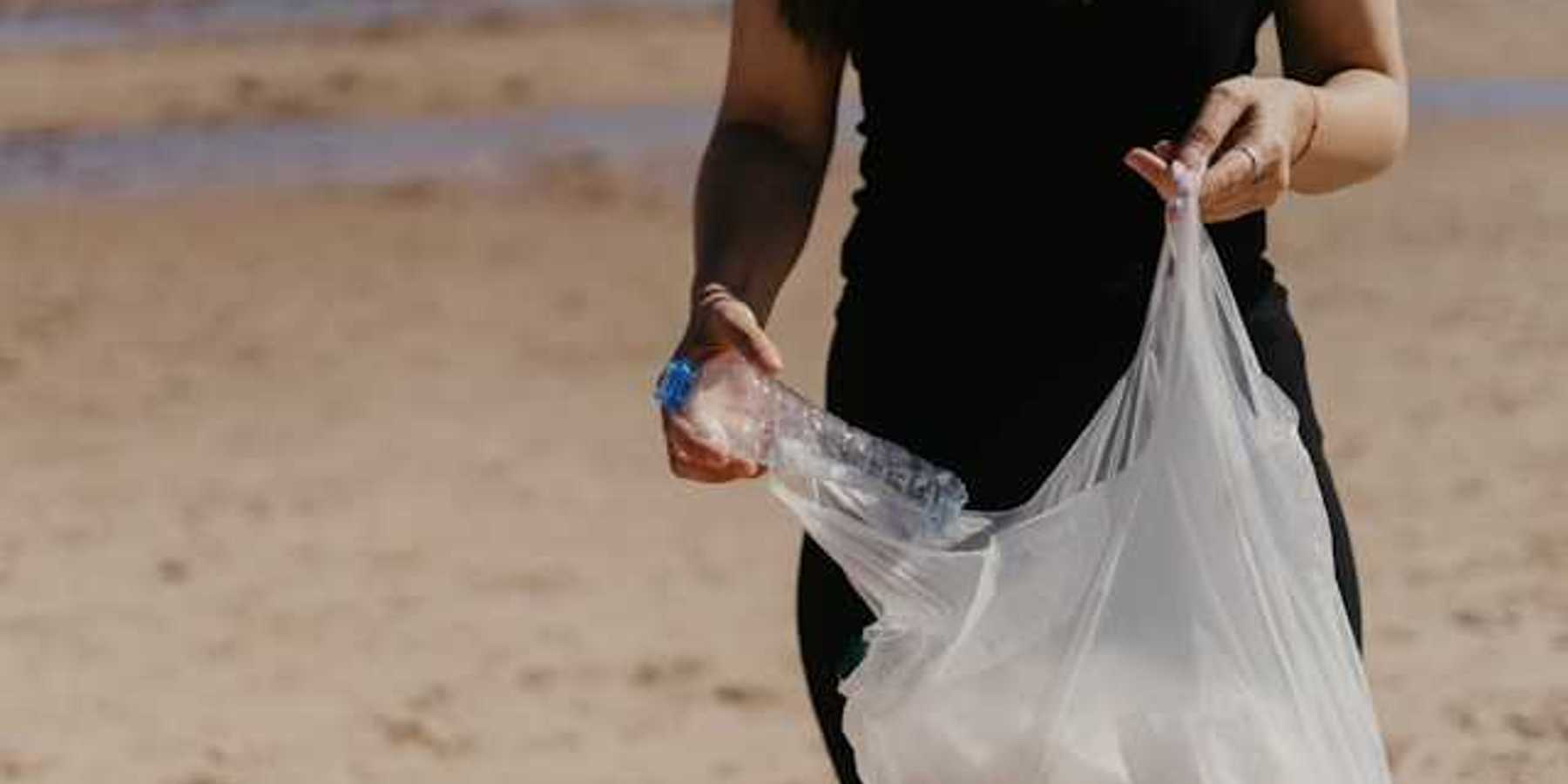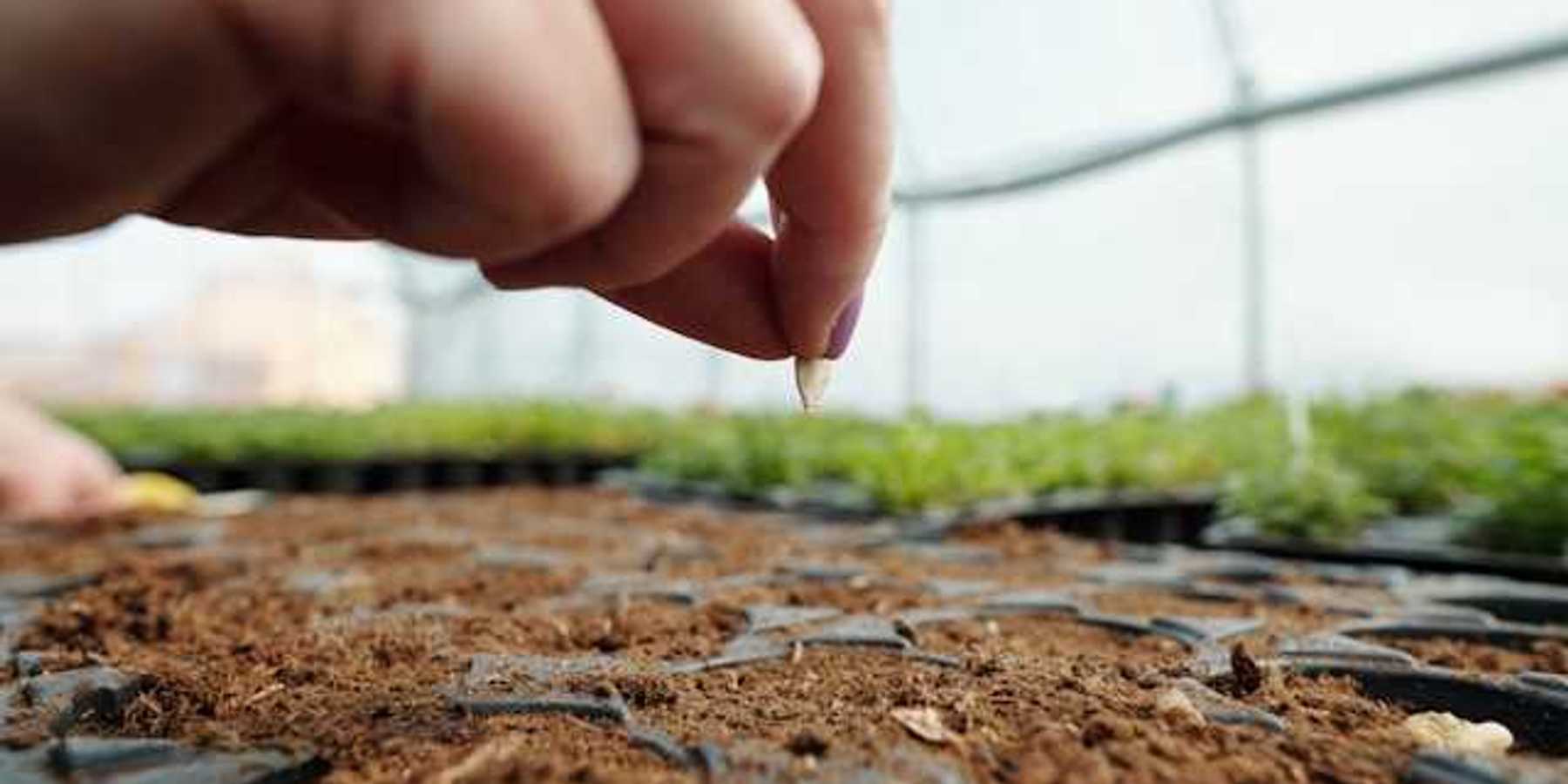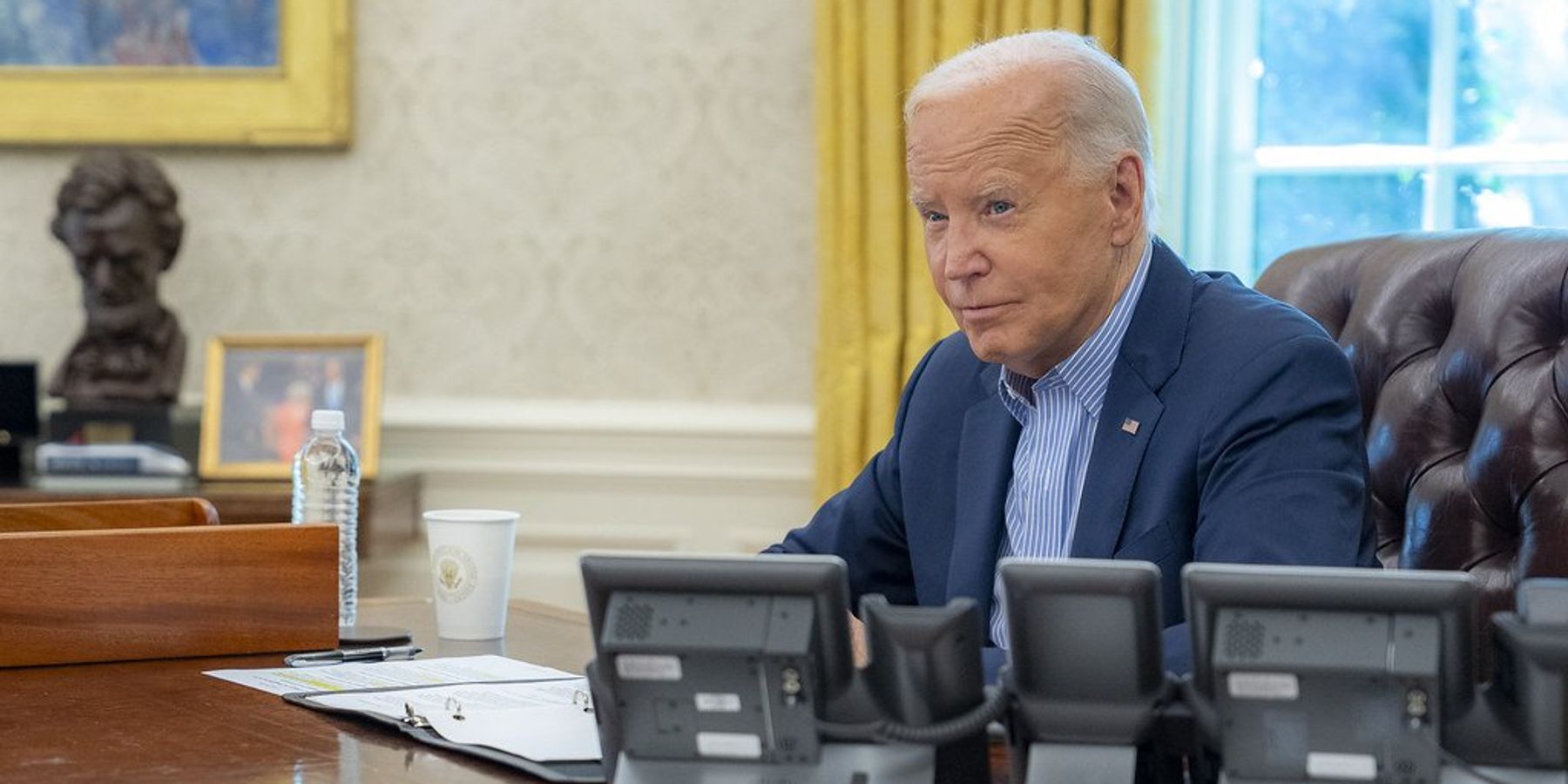
Biden administration unveils plan to wean US government off single-use plastics
“Because of its purchasing power … the Federal Government has the potential to significantly impact the supply of these products.”
The U.S. government will stop using single-use plastics in all federal operations by 2035, according to a strategy released by the Biden administration on Friday.
The announcement also set a goal for the federal government to stop buying plastic for food service, events and packaging by 2027. While the strategy isn’t enforceable by law and could change under future administrations, it is the first government-wide strategy aimed at reducing plastic pollution and recognizes that the plastic pollution “crisis” encompasses the entire lifecycle: from the fossil fuels used as building blocks in plastic manufacturing to the microplastic bits lining our shorelines.
“With its multitude of environmental impacts across its supply chain, broad global effects, and severe public health consequences, plastic pollution has become one of the most pressing and consequential environmental problems in the U.S. and around the globe,” said Brenda Mallory and Ali Zaidi, two White House environmental and climate officials, in the joint letter accompanying the strategy document.
Changes in federal purchasing can have huge impacts: The U.S. federal government is the largest buyer of consumer goods in the world, with nearly $600 billion in annual spending. “Because of its purchasing power, by reducing the demand of plastic products through procurement changes, the Federal Government has the potential to significantly impact the supply of these products,” the strategy reads.
The document also points to already underway federal efforts to curb plastic pollution’s impact — including an Environmental Protection Agency (EPA) rule set in April to tackle chemical emissions, a Department of the Interior order to phase-out single use plastics on public lands by 2032, ongoing EPA recycling grants, and a National Oceanic and Atmospheric Administration effort to tackle marine debris.
"Plastic pollution has become one of the most pressing and consequential environmental problems in the U.S. and around the globe." - Brenda Mallory and Ali Zaidi, White House officials
The announcement comes as the plastic crisis continues to grow. The world generates roughly 400 million tons of plastic waste each year, and less than 10% of plastic ever made has been recycled. Plastic waste is set to triple by 2060.
The crisis has garnered international attention as more than 175 countries are negotiating a global plastics treaty. The talks have stalled over issues such as regulating the chemicals in plastic, production caps, and the role of chemical recycling and bioplastics. There is a High Ambition Coalition of countries that want an end to plastic pollution by 2040. There is also a Global Coalition for Plastics Sustainability — made of nations economically reliant on fossil fuels — that is pushing for a larger focus on addressing plastic waste (via chemical and mechanical recycling and other means) rather than plastic bans or production limits. The U.S. — the largest exporter of oil and gas in the world — is not part of either and has been criticized for not taking a stronger stance on limiting production.
The new strategy similarly does not call for any plastic production caps, but many environmental groups said it is a step in the right direction.
“This report is the clearest articulation to date from the White House of the scale and urgency of the plastic pollution crisis and the threat it poses for our ocean and communities,” Jeff Watters, Ocean Conservancy’s vice president of external affairs said in a statement.
Erin Simon, vice president and head of plastic waste and business for the World Wildlife Fund, praised the strategy for focusing on the entire lifecycle.
“We’re heartened to see this report doesn’t shy away from the negative impacts that plastics have on human health and analyzes the problem through the full life cycle of plastic,” Simon said in a statement. “Cleaning up the global plastic mess must start at home. And today under President Biden and Vice President Harris’ leadership, the U.S. government is doing exactly that."


